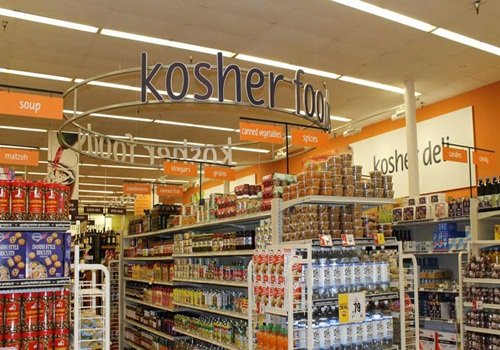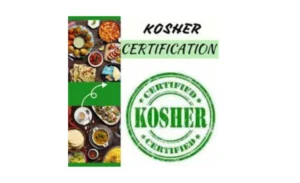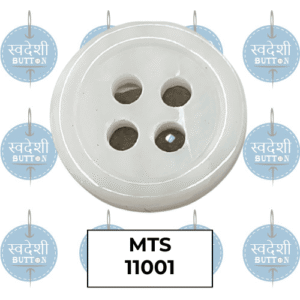Kosher India: How Indian Food Brands Are Going Global with Kosher Standards

Kosher India
India is one of the largest producers and exporters of food in the world. From spices and grains to processed foods and beverages, Indian products are found in kitchens across the globe. Now, with growing awareness of food safety, quality, and religious dietary needs, a new opportunity is emerging—Kosher India.
The Kosher India food market, traditionally rooted in Jewish dietary laws, has expanded far beyond religious boundaries. Today, many consumers view kosher as a mark of cleanliness, transparency, and ethical food production. This has opened up a new path for Indian food manufacturers and exporters to tap into global demand through kosher-certified products.
What Is Kosher?
Kosher refers to food that complies with Jewish dietary laws, known as kashrut. These rules define what types of food can be eaten, how they must be prepared, and how they should be handled. For example, kosher meat must come from animals that are properly slaughtered under rabbinical supervision. Meat and dairy must never be mixed. Even utensils and equipment must follow strict guidelines to avoid cross-contamination.
While these rules are based on religious practice, kosher food is now valued by many for its strict hygiene and safety standards. As a result, people from all backgrounds—including vegetarians, vegans, and the health-conscious—are increasingly choosing kosher products.
Why Kosher India Is Gaining Attention
India’s food industry is already well-positioned for international trade. Now, with the rise of Kosher India , more producers are choosing to certify their products to meet global kosher standards. This is especially important for exporting to markets like the U.S., Israel, and Europe, where kosher food is in high demand.
Products such as basmati rice, spices, tea, pickles, snacks, and dairy items from India are already popular abroad. By obtaining kosher certification, these products become even more attractive to international buyers, retailers, and distributors.
Domestically, awareness is also growing. In cities like Mumbai, Delhi, and Bengaluru, consumers are beginning to recognize the kosher label as a sign of quality and purity, even if they don’t follow the dietary laws themselves. This shift is helping Kosher India gain momentum not just as an export strategy, but also as a growing category in the local market.
The Role of Certification
To label a product as kosher, it must be certified by an approved authority. The process involves inspection of raw materials, processing methods, equipment, and packaging. Every step is reviewed to ensure it follows kosher guidelines.
Indian food companies that want to enter the kosher market often work with organizations like Kosher Certification, which helps them understand the process, prepare for audits, and maintain ongoing compliance. Once certified, products are eligible for sale in kosher-sensitive markets, giving Indian brands access to new and loyal customer bases.
Beyond access, kosher certification also boosts a brand’s reputation. It shows a commitment to quality, discipline, and ethical practices—values that resonate with modern consumers worldwide.
Benefits and Challenges
Getting Kosher India is not a small task. It may involve changing suppliers, modifying production processes, and maintaining separate equipment or production lines to avoid mixing non-kosher elements.
However, the long-term benefits are significant. Businesses that adopt kosher standards often find improvements in their overall operations, from better documentation to tighter quality control. These improvements not only help with kosher compliance but also strengthen the brand’s reliability in other markets.
In a competitive food industry, these details can make a big difference.
The Future of Kosher India
The future of Kosher India looks promising. With growing demand in global markets and increasing awareness at home, more Indian food companies are recognizing the value of kosher certification. It’s not just about meeting religious needs—it’s about building trust, ensuring safety, and standing out in a crowded marketplace.
As more Indian brands move in this direction, Kosher India will continue to grow—connecting local expertise with international expectations, and helping India take its place as a trusted source of kosher-certified food for the world.



